Melbourne startup Everlab is blending AI, full-body diagnostics and deep data to transform preventive medicine — and it all began with a non-routine trip to the doctor.
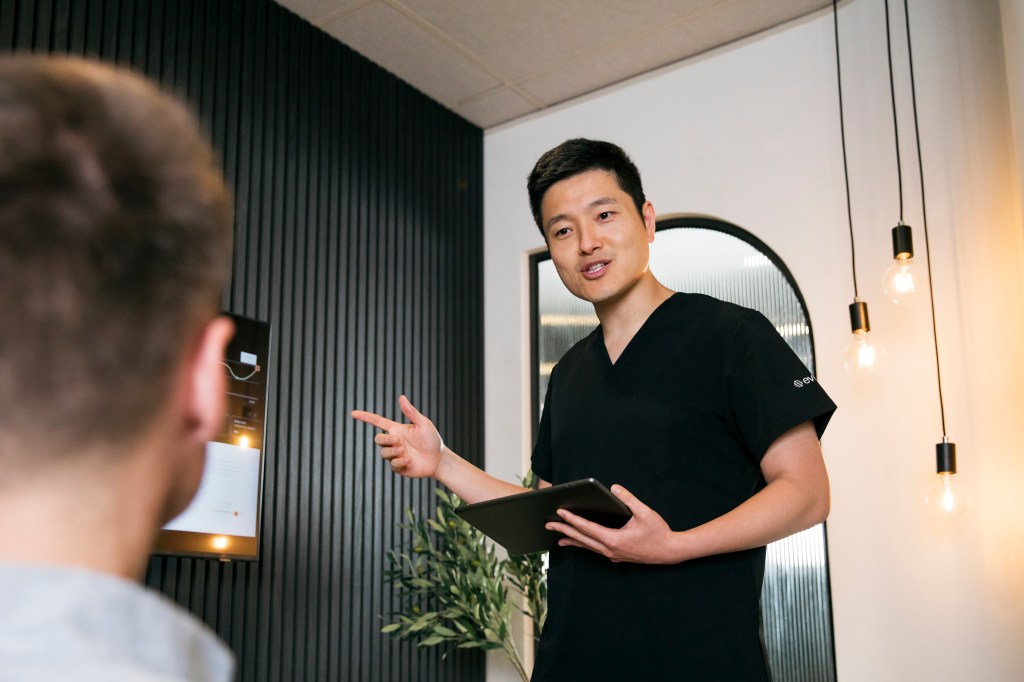
Key Takeaways
- Everlab has raised $15 million in a seed round led by global growth equity firm Left Lane Capital to accelerate its international expansion and platform development.
- Targeting the global burden of chronic disease, Everlab was founded on the idea of getting hold of ostensibly well people before symptoms appeared.
- The Melbourne-based startup uses proprietary AI agents to analyse complex health data, automate clinical summaries, and recommend personalised interventions.
- Everlab claims tens of thousands on its waitlist, with expectations of 20x growth this year.
- It has analysed over 1 million biomarkers in its customers, finding one quarter to be abnormal.
- Left Lane Capital called Everlab a “category-defining platform”.
It all started when Sam Kothari – employee number three in Airwallex’s commercial team – came in for a checkup with Dr Steven Lu at his Melbourne clinic.
Kothari’s father had suffered a heart attack at age 48 and his best friend’s dad had just died of cancer at 52. Kothari and his friend started to obsess about not following them on that increasingly common path. Eight in ten Australians suffer from a serious long-term health condition while half suffer a chronic illness, most of which come with some other comorbidity.
Diabetes affects 1.3 million.
“We were both anxious about what lay ahead and we started reading books, listening to podcasts, trying to find doctors who could give us some assurance about the path we were on,” Kothari tells Forbes Australia.
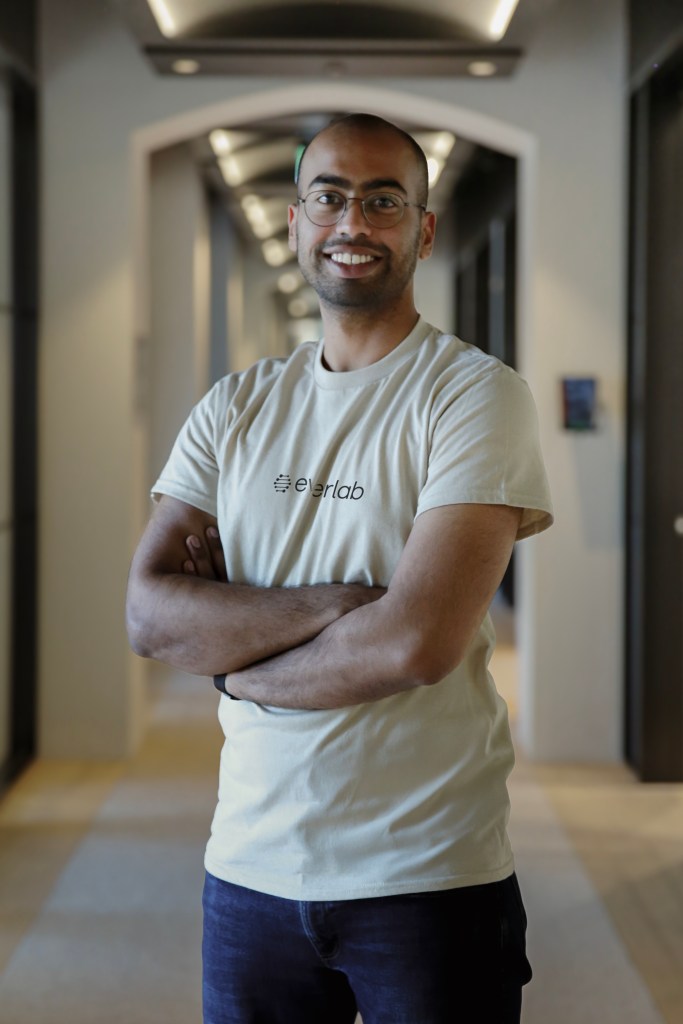
Dr Lu was recommended to them. Lu had started his medical career in intensive care and loved the act of saving lives, but was disheartened by seeing many of his patients have their lives ruined by the complications of chronic disease.
“Seen through an intensive-care lens, they’re a success, but through a life lens you can’t say that,” Lu tells Forbes Australia. “If they survive 90 days after discharge, that’s a win on our stats, but then they leave, they can’t have a relationship, they can’t hold down a job, they’ve got memory problems, PTSD from their treatment, and they’ve already got plaque in their arteries, they’re already diabetic, and on insulin.
“I’m not a better GP than others. I’ve just got a different incentive structure.”
Dr Steven Lu
“It fueled my passion. Intensive care is important, but we have to solve the cause. Why do people end up in intensive care with any chronic disease? Everyone talks about prevention being the best cure, that it’s the most economical way to treat diseases, but we don’t invest in it. Medical students don’t get trained in it.”
Lu moved into general practice but realised it was just a slightly earlier point on the same sickcare treadmill crammed into 15-minute consults.
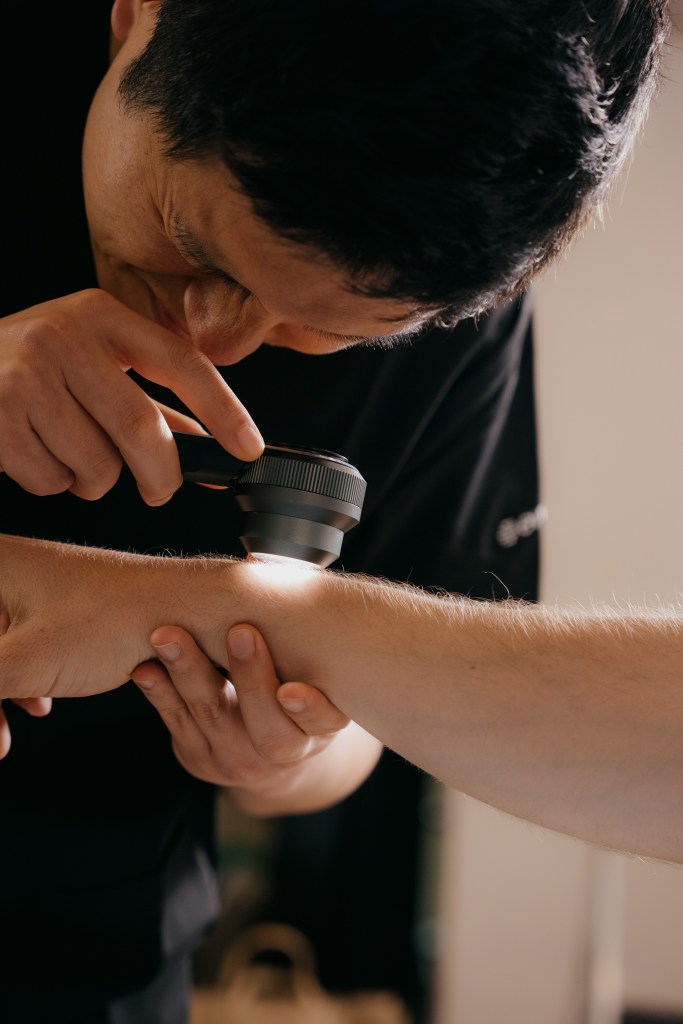
And so he started his own practice with the hope of getting people before they became sick. People like Kothari.
Health 0.0
Kothari was a 30-year-old who thought nothing of pulling 16-hour days in startup land. He didn’t have any symptoms so, understandably, was always being told by doctors that he should work on his sleep, exercise a bit more, but he was fine. He wanted to go deeper.
The first thing Kothari noticed was that Lu ran his own website, used Calendly to book, and that he was then onboarded digitally before he’d arrived. “Seeing his online efforts and his adoption of technology we had a hunch this might be worth it,” says Kothari. “It wasn’t cheap, but I felt it would be worth the 390 bucks.”
In the first five minutes, Kothari kept looking at his watch, he was so used to being rushed in clinical settings. “Steven had to tell me: ‘Take off your watch. Pay attention. We’re here to talk about you.’”
Forty-five minutes later, when he left, there was no one at the front desk. “It felt like that first time you used an Uber and didn’t know if you had to pay the driver. It was such a different experience: being asked questions I’d never been asked before; having this seamless operation … It was transformational, and I’m not even talking about all the issues he found and what we covered.
“As consumers, when we find a doctor who listens, who cares, we latch onto them. That was the journey with Steven, trying to figure out: ‘What’s my risk of a heart attack? What’s my risk of diabetes?
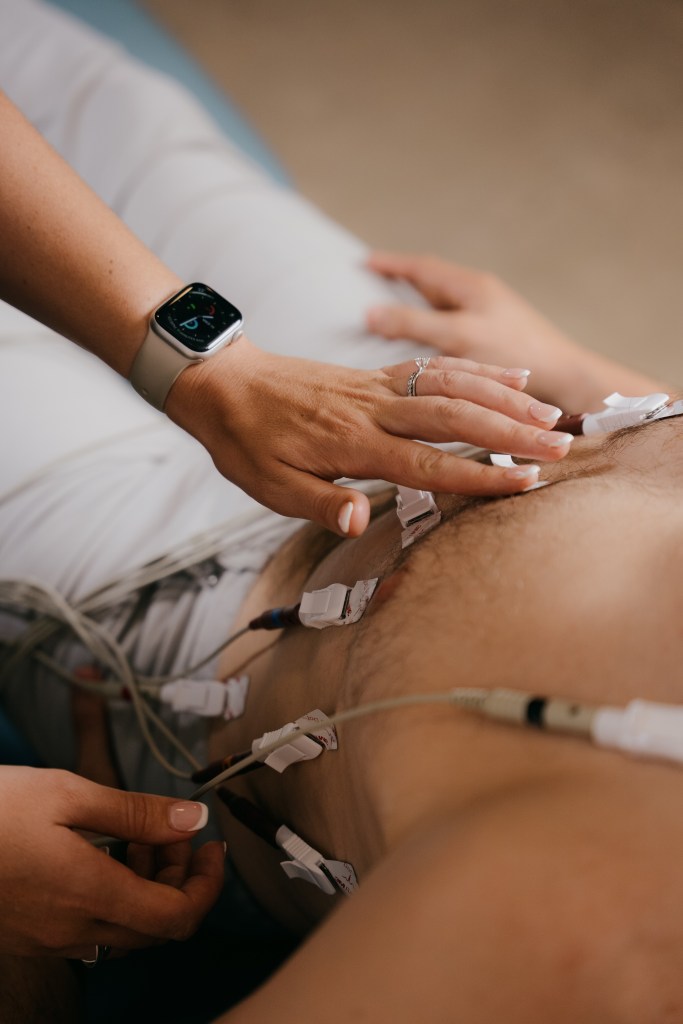
“Steven’s program was version zero of what Everlab became, he was experimenting with that real deep onboarding. Understanding your family history. Building out your goals. Then the investigation. I did a DEXA scan [for bone density, muscle and fat mass]. Did full blood tests, my strength measured by a physio. It turned out I had osteopenia, brittle bones. Very unusual for a male in their 30s. I had worse bone density than my mum who was post-menopausal. I was a higher risk of heart disease, especially when you looked at some of the more advanced cardiovascular risk biomarkers like lipoprotein A, apolipoprotein B, and my blood sugars were also elevated so I was on the border of prediabetic.”
Lu drew Kothari a graph of his heart-disease risk and he was three times higher than the average person. “Hearing that in your 30s is pretty confronting.”
But the knowledge of how to fix it was also empowering – from an exercise program to being told next time he was at the supermarket to buy X brand instead of Y.
“My bone health started to improve, my cholesterol markers came down. I’m no longer on the verge of prediabetic.”
Kothari became a convert and started proselytising his family and friends.
“I told my parents, ‘You have to see this guy. I’ll pay. I think he’s going to change your life.’ Steven’s so humble, he always says, ‘I’m not a better GP than others. I’ve just got a different incentive structure.’ But I think he’s an exceptional GP.”
“We have very global ambitions for the product and the experience.”
Everlab co-founder Sam Kothari
In mid-2023, about six months after starting with Lu, Kothari asked him if he had larger ambitions for the practice. Lu did. Lu wanted to change the way medicine was practiced across the board.
“We realised we couldn’t scale it with just the two of us. He’s a clinician. I focus on operations. We had important skill gaps. We knew how important it was to have a really strong technical software lens to this problem. We also didn’t understand growth, brand, design.”
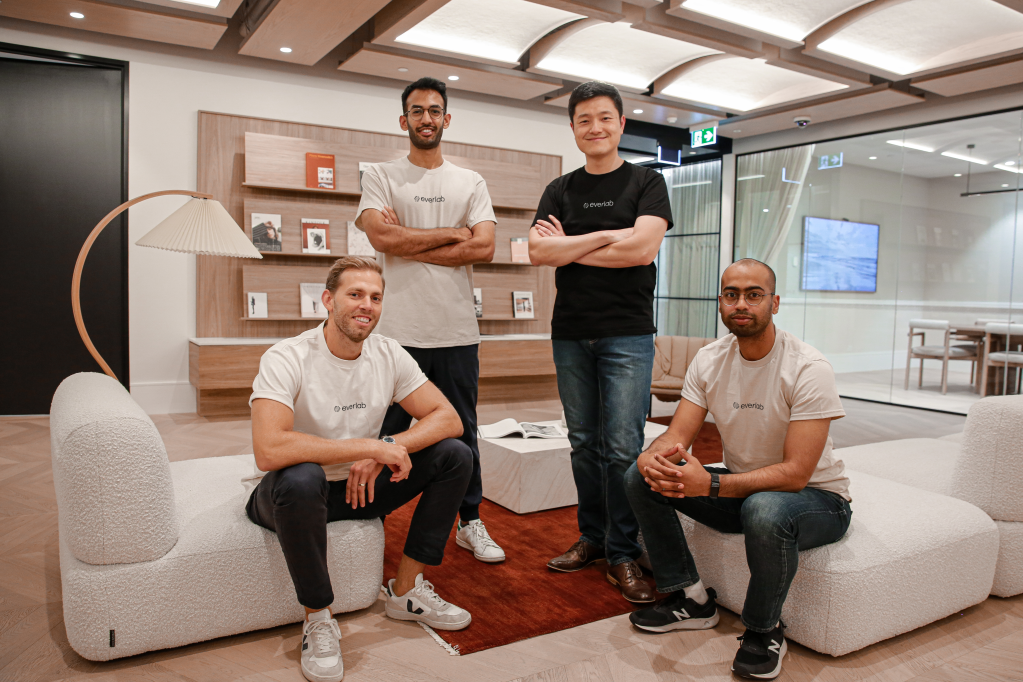
They brought in Anshul Jain for the tech side and Marc Hermann, co-founder of German supplements brand Foodspring. Hermann and Jain also had similar family histories. “It was kind of this beautiful mission alignment, for all of us,” says Kothari.
“We started Everlab to build the infrastructure for fully automated preventative health care. We want to build the infrastructure including physical labs and diagnostic hubs, including software, to collect and interpret patient data, to provide automated, seamless diagnosis and preventative care treatment options.
“We’re essentially a health record. We’re consolidating medical data, lifestyle data, imaging, pathology, all of that data into a central point to then allow our members and patients to access preventative diagnostics, doctor consults, dieticians, lifestyle advice – a host of value to enable them to reduce their risk of chronic disease.”
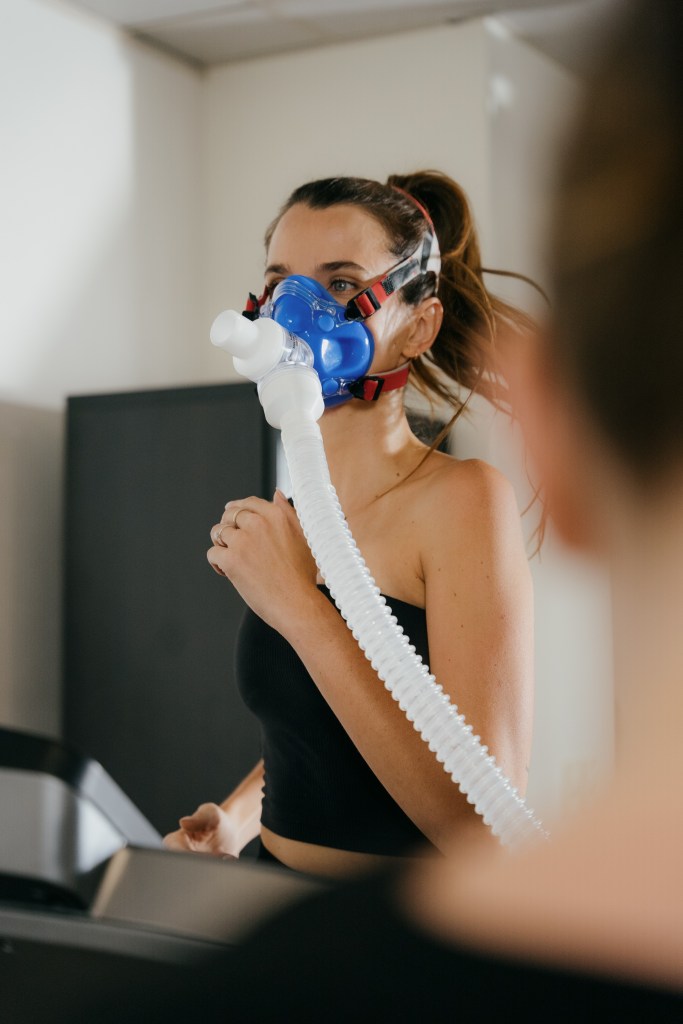
He cites the two-week diet diaries, the blood markers not covered by Medicare, the extra scans, VO2 max testing and continuous glucose monitors as examples of where Everlab goes further than a standard consult.
“We can pull 20 years of pathology data. The GP doesn’t need to request that. Our system does that automatically, once we have patient consent.
“So our GPs get to see a nice graph of the patient’s pathology markers. They can see the trend and how it’s shifting and changing. They don’t have to sift through 20 years of PDF fax reports, calibrating numbers and trying to figure out is it going up or down or left or right.”
Lu sees Everlab tackling the current chronic health crisis as having one central cause that manifests as multiple different illnesses.
“If you think about cardiovascular disease, it’s still the biggest killer of men and women in the west. But the rate of cancer between the ages of 15 and 39 has gone up 40% since the 1980s. Neuro-degenerative diseases are rising. We have to pause and ask, ‘Why?’”
Lu saw that one illness often went with the other: that his cancer patients were often dying of heart attacks; that they often went hand in glove with mental illness. And he began coming round to the notion that they’re all part of the same problem.
“Metabolic health is the central hub of all these chronic conditions. It’s critically important. It’s not just about, ‘Are you fat and do you have diabetes?’ We have to look much closer at metabolic processes. We’re more sedentary, eating more processed foods, all of which are bad for your metabolic health and there’s a very, very strong link between poor metabolic health and your mental health.
“Metabolic health is closely tied to your digestive health and your microbiome and the brain/gut axis. One of the biggest things in the next five, ten years, will be understanding the link between them.”

The two most important metrics for Lu are the blood sugar readings from the continuous glucose monitor, and the body composition as revealed by the DEXA scan. “I don’t care about BMI. I care about what your fat mass index is. I care about your visceral fat. I care about whether you have fat inside your liver and about your musculature, because having good muscle mass is critical for good metabolic performance.”
AI analyses the results but a doctor still needs to sign off. “But the time it takes me goes from 30 minutes to 3 or 4 minutes,” says Lu. “That’s what we can do today, but the power of that will get higher and higher as AI and large language models change the landscape of even research.”
What price health?
Everlab’s main membership costs $3,000 for 12 months, including six-monthly full suite of tests and a digital dashboard showing the results. Diagnostic membership is $1,500, including medical insights, but not lifestyle and performance-based assessment, VO2 max, physical tests, CGM and diet tracking
Everlab raised $3 million in a pre-seed round in December 2023, led by b2venture, a European fund that had backed Hermann’s previous company.
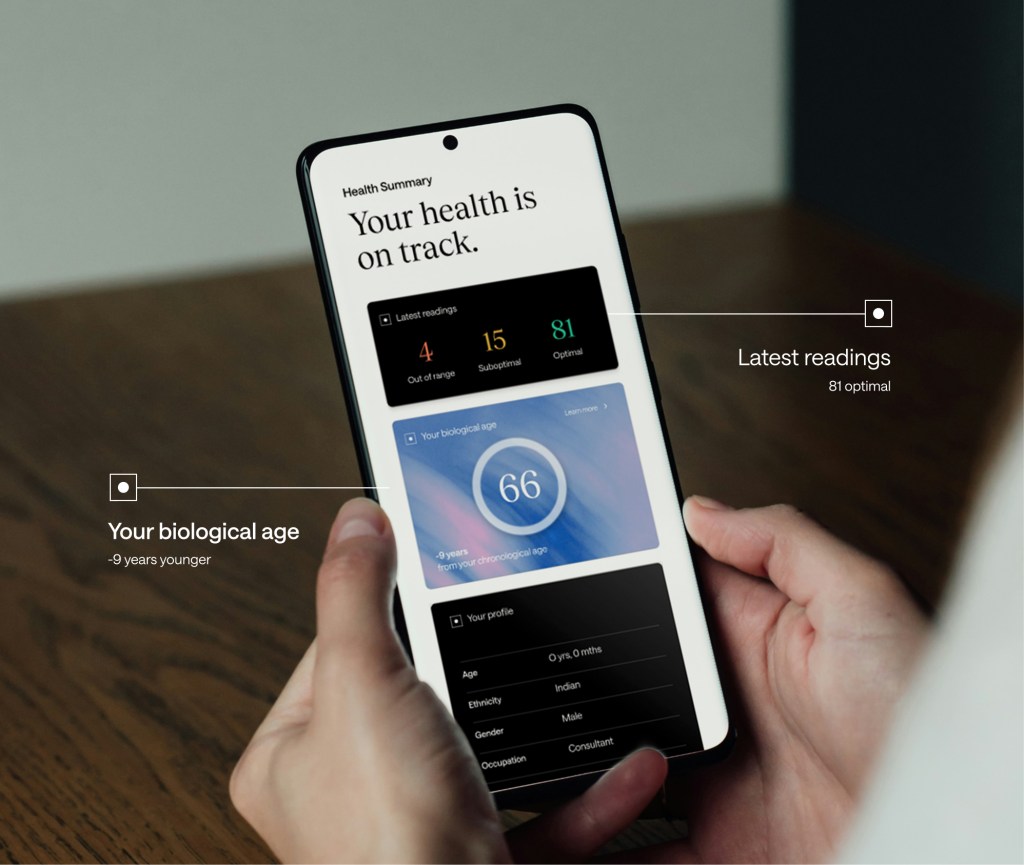
“We believe everyone deserves access to world-class preventive care,” said Everlab CEO Hermann said after the $15 million seed round was announced. “By combining AI with the knowledge of leading clinicians, we’ve built a new kind of health platform designed to deliver smarter, earlier care to millions.”
Everlab claims it has tens of thousands of customers on its waitlist with “growing demand across both consumer and enterprise markets, the company is on track for 20x growth this year”.
“To date, Everlab has processed over 1,000,000 biomarkers through full-body health
Testing,” the company said in a press release. “Alarmingly, one in four test results are abnormal, and for 2.5% of members, findings have been life-changing — uncovering serious conditions such as blocked arteries, gastrointestinal tumours, early-stage cancers, and congenital brain abnormalities.”
Laura Sillman, principal at Left Lane Capital, said preventive care had always been a medical ideal but rarely a commercial reality. “Everlab has built a product and model that makes it scalable, combining clinical depth with software leverage and operational precision. We’re excited to support them as they build a category-defining platform.”
Everlab says it will use the $15 million to grow its clinic network, expand its engineering and clinical teams, and advance its AI-powered infrastructure — laying the foundation for a global, scalable system of preventive healthcare.
As for Kothari, he sees Australia as the perfect place to launch from, but he’s keen to tackle Asia’s looming metabolic crisis. “We’re all running into this – these lifestyle and non-communicable diseases. I have a huge passion for Asia, especially given my Indian heritage. The prevalence of diabetes in India is quite concerning and accelerating. I spent a whole bunch of time in Asia with Airwallex. And I think there’s a huge opportunity there to help them understand how to shift as a society.
“So yeah, we have very global ambitions for the product and the experience. Starting in Australia makes a lot of sense – being highly regulated forces you to build a product that’s clinically sound and safe for patients. Our healthcare system is very well respected and that allows us then to build something that’s quite robust and take it into the U.S., the U.K., Asia, and really deploy the smarts behind what we’re doing.”
Look back on the week that was with hand-picked articles from Australia and around the world. Sign up to the Forbes Australia newsletter here or become a member here.



